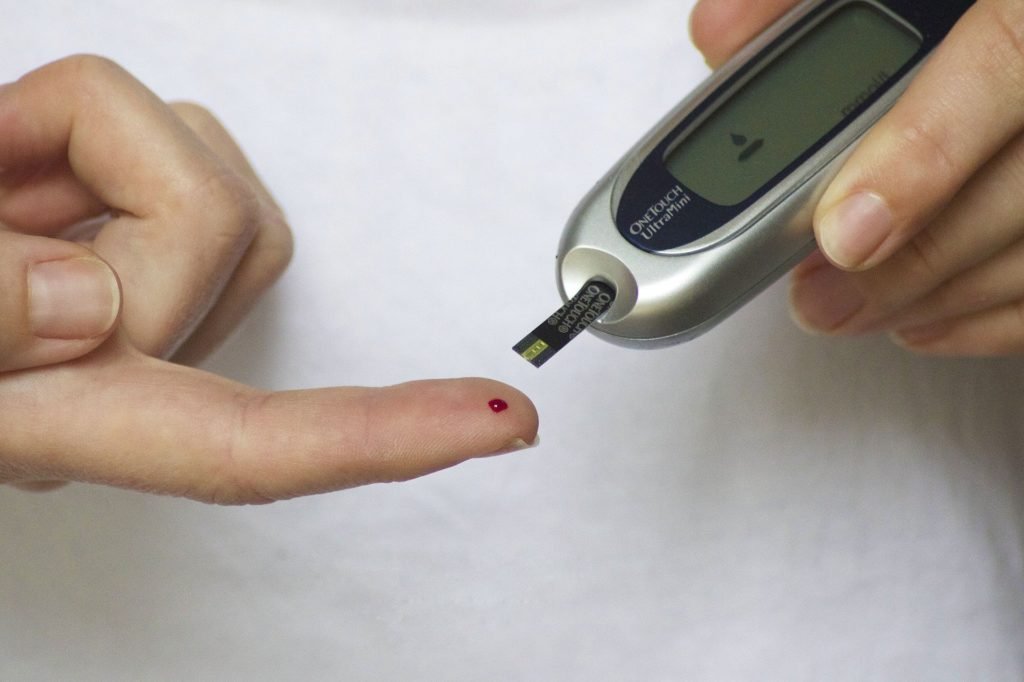For most, when we think or hear about neurological care, what comes to mind for many people is death. Health conditions involving the nervous system (which includes the brain, nerves, and spinal cord) seem risky, but you can restore your health with comprehensive care. The general neurology Oxnard specialists at Link Neuroscience Institute provide practical and compassionate care for various neurological conditions. Read on to understand more about neurological conditions and treatments.
Back Pain
Different factors may cause your back pain, even including neurological conditions. The most common causes include:
- Spinal stenosis
- Scoliosis
- Herniated discs
- Sciatica
- Osteoarthritis
- Degenerative disc disease
- Radiculopathy
- Spinal tumors
Other than back pain, these conditions may lead to burning sensations, numbness, tingling, and loss of function. You may experience the symptoms in your arms and shoulders if a nerve in your neck is affected. You also might experience symptoms in your legs and feet when the damage is located in your lower back.
Your provider will conduct a thorough diagnosis to determine the cause and create an effective treatment plan, which may include:
- Nerve blocks
- Epidural steroid injections
- Sacroiliac joint injections
- Facet joint injections
Movement Disorders
This includes neurological conditions that lead to irregular body movements. The movements might be slow or excessive.
They include:
- Dystonia
- Essential tremor
- Restless leg syndrome
- Parkinson’s disease
- Huntington’s disease
- Chorea
- Tourette syndrome
- Multiple system atrophy
Movement disorders can be common, and some even have subtypes. They cause the following symptoms:
- Repeated rapid movements
- Balance difficulties
- Slow movements
- Coordination difficulties
- Muscle weakness
- Tremors
- Stiff or rigid limbs or trunk
- Swallowing problems
- Behavioral changes
Movement disorders may result from traumatic injury, infections, genetic conditions, side effects of a medication, and more.
Treatment for movement disorders includes combining various approaches simultaneously, including:
- Physical therapy
- Lifestyle modifications
- Deep brain stimulation
- Medications
- Occupational therapy
Brain Tumors
Though not all brain tumors are cancerous, they may still affect the functionality of your brain. A brain tumor is abnormal cell growth in your brain.
Primary brain tumors may be cancerous (malignant) or noncancerous (benign). Secondary brain tumors are cancerous.
Depending on their location and side effects, there are various forms of brain tumors.
Some of the symptoms you may develop due to brain tumors include the following:
- Dizziness
- Problems hearing
- Seizures
- Chronic fatigue
- Headaches
- Problems keeping your balance
- Difficulty walking
- Changes in speech
Your provider performs a neurological exam, including MRI tests and CT scans, to diagnose your brain tumor. Treatment options include:
- Chemotherapy
- Open surgery
- Minimally invasive surgery
- Radiation therapy
- Stereotactic radiosurgery
Pain Disorders
This includes any health condition that causes chronic pain. Pain disorders may affect your overall health and may include the following disorders:
- Fibromyalgia
- Vascular disorder
- Neuropathy
- Central pain syndrome
- Chronic headaches
- Complex regional pain syndrome
- Neuromuscular disease
The conditions cause other symptoms, including:
- Tremors
- Fatigue
- Loss of coordination
- Widespread muscle pain
- Changes in skin color
- Hypersensitivity to touch or temperature
- Tingling sensations
- Muscle stiffness or cramping
- Muscle weakness
Treatment options for pain disorders include:
· Physical therapy
· Stress management
· Exercise
· Dietary changes
· Nerve blocking
· Radiofrequency ablation
· Minimally invasive surgery
Neurological care involves the diagnosis and treatment of various nervous system health conditions. A thorough diagnosis is critical to identify the exact cause of your problem. Ensure to consult your provider when you experience symptoms related to the nervous system, such as loss of coordination, seizures, loss of balance, tingling sensations, and more. Talk to Link Neuroscience Institute today to schedule your consultation.


